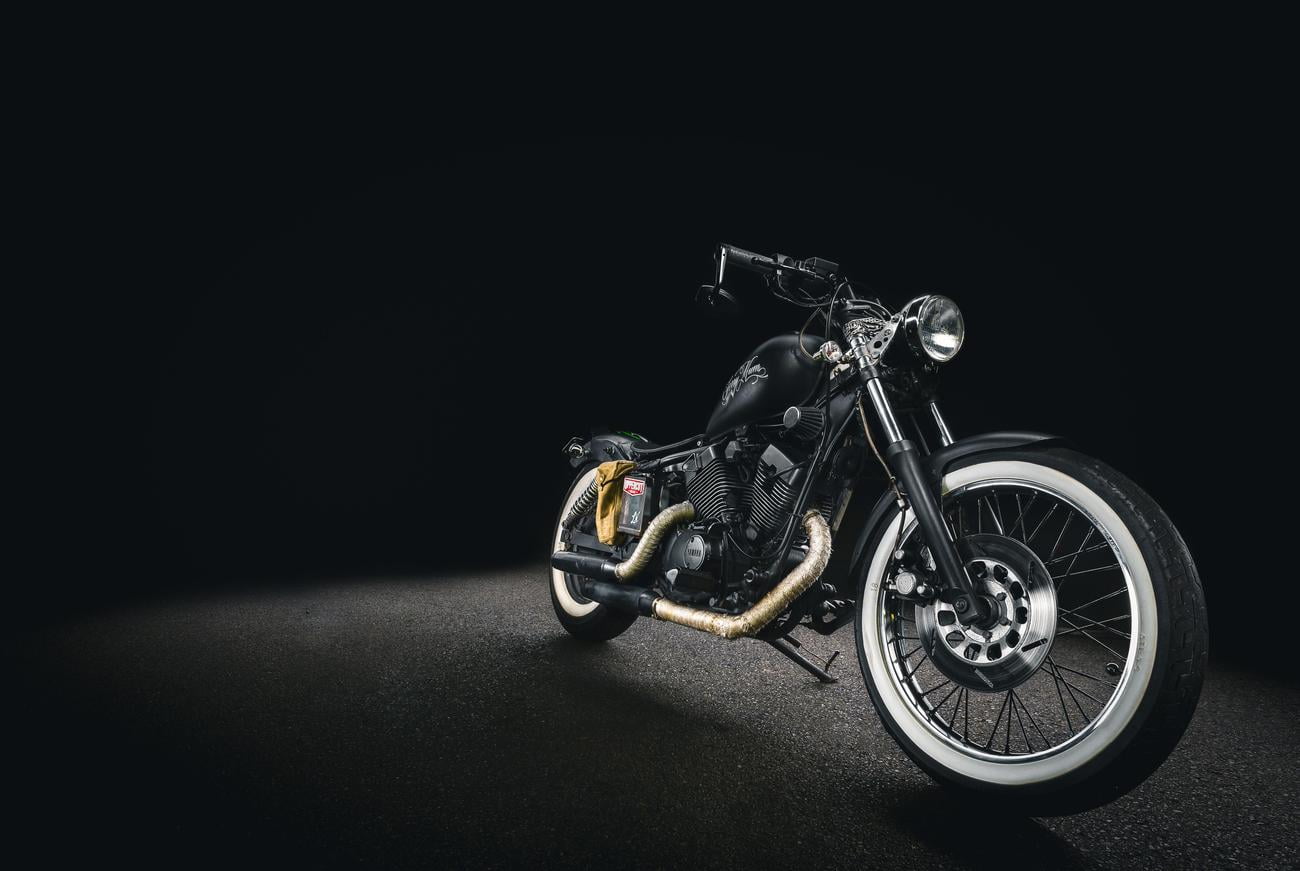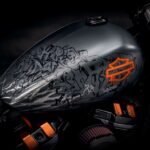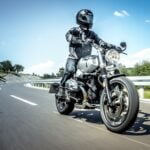Are you a beginner motorcycle rider eager to hit the open road? Safety should be your top priority. In this article, we will delve into the crucial world of motorcycle safety tips specifically tailored for beginners like you. Whether you’re embarking on your first solo ride or looking for ways to enhance your riding skills, we’ve got you covered. From essential safety gear to defensive riding techniques, we’ll equip you with the knowledge and insights you need to enjoy a safe and exhilarating journey on your motorcycle. So, gear up and let’s dive into these essential motorcycle safety tips for beginners.
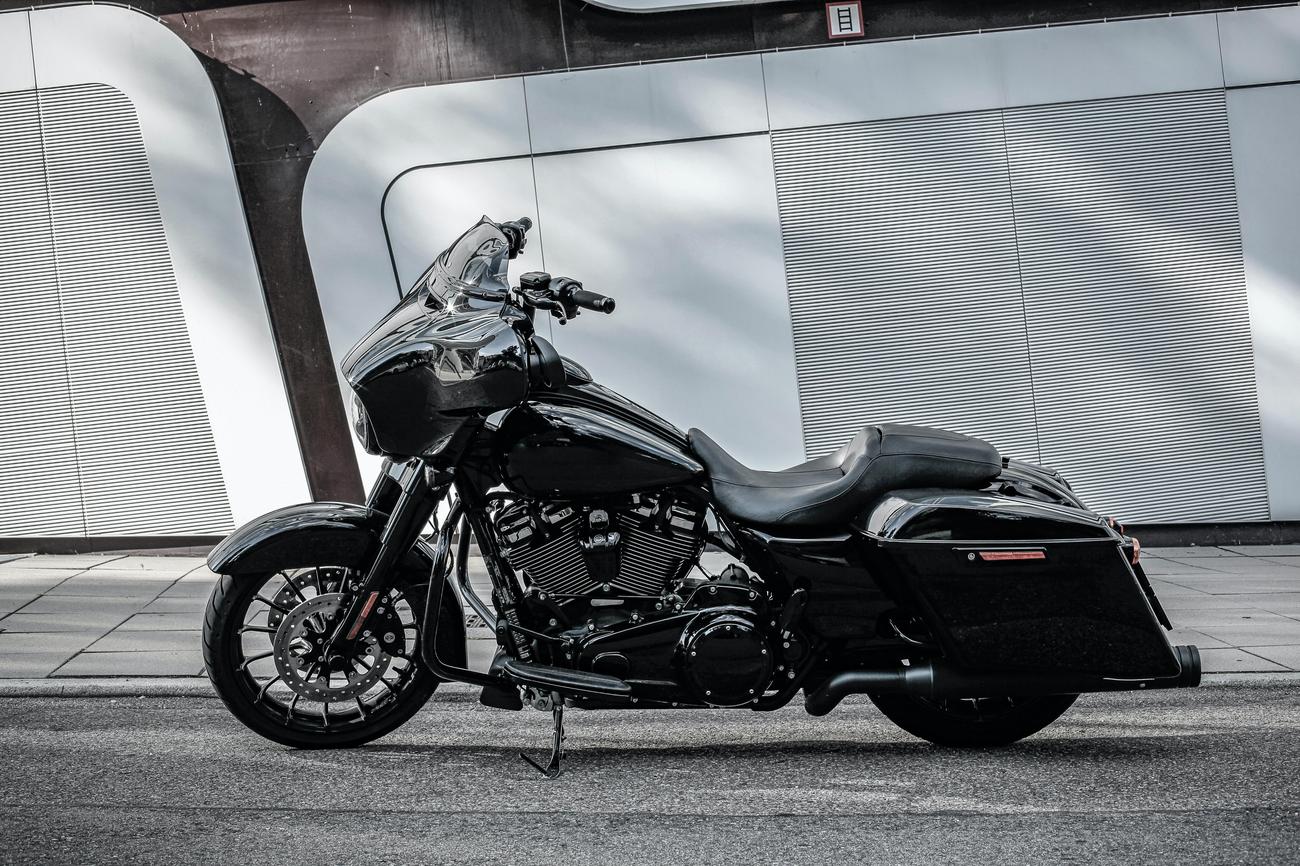
Motorcycle Safety Tips for Beginners
As a beginner in the world of motorcycle riding, it’s essential to prioritize safety and learn the necessary skills to ensure a smooth and enjoyable experience on the road. In this article, we will discuss some motorcycle safety tips for beginners that will help you navigate the roads with confidence and caution.
Wear Proper Protective Gear
One of the most crucial aspects of motorcycle safety is wearing the right gear. When riding, always ensure you wear protective clothing and gear that shields you from potential injuries. A helmet, gloves, facemask, and a jacket are some of the essential gear you should invest in. Remember, your body is the only protection you have, so make sure to gear up before you ride.
“When it comes to riding, never compromise on safety. Your protective gear is your armor on the road.”
Practice Defensive Riding
Defensive riding is a key skill that every beginner rider should master. Always stay aware of your surroundings and anticipate potential hazards on the road. Be cautious of other vehicles and assume that they might not see you. Stay out of people’s blind spots, maintain a safe distance, and avoid tailgating. By being proactive and alert, you can minimize the risk of accidents and stay safe on the road.
“Defensive riding is like having a sixth sense on the road. Always be prepared for the unexpected.”
Regularly Maintain Your Motorcycle
To ensure your safety on the road, it’s vital to keep your motorcycle in good shape. Regularly check your tires, brakes, lights, and other essential components to ensure they are functioning properly. A well-maintained motorcycle provides better control and minimizes the chances of mechanical failures that could lead to accidents.
“A well-maintained motorcycle is a reliable companion on your riding journey.”
Riding in Different Weather Conditions
As a beginner rider, it’s crucial to consider the weather conditions before heading out on your bike. Adverse weather such as rain, fog, or strong winds can make riding challenging and dangerous. Adjust your riding style accordingly and be extra cautious in such conditions. Maintain a smooth pace, keep a safe distance from other vehicles, and use appropriate signals to communicate your intentions.
“When the weather is uncertain, slow down and take it easy. Your safety is worth it.”
Follow Traffic Laws and Regulations
Obeying traffic laws and regulations is not only your legal obligation but also a matter of your safety. Always adhere to speed limits, use turn signals, and respect other motorists on the road. Be mindful of traffic signs and road markings to ensure a smooth flow of traffic. Remember, mutual respect and following the rules of the road contribute to everyone’s safety.
“A responsible rider promotes safe roads for all. Be an example of good riding etiquette.”
Improve Your Riding Skills
Continuous practice is key to enhancing your riding skills and building your confidence on the motorcycle. Find a safe and controlled environment where you can practice various maneuvers, such as braking, cornering, and slow-speed handling. Enrolling in a motorcycle safety riding course is also highly recommended as it provides structured training and valuable insights from experienced instructors.
“The more you practice, the better you become. Confidence comes from competence.”
Riding Sober and Focused
Riding under the influence of alcohol or drugs is not only illegal but also extremely dangerous. Always prioritize your safety and the safety of others on the road. Stay awake and sober while riding, as impairment can significantly affect your reaction time and judgment. Additionally, avoid distractions like using your mobile phone or listening to music, as they divert your attention from the road.
“Clear mind, alert senses – the perfect recipe for a safe ride.”
Choose the Right Motorcycle
Selecting a motorcycle that suits your needs and skill level is vital for your safety as a beginner rider. Avoid purchasing a bike that is too powerful or advanced for your experience. Start with a motorcycle that you can handle comfortably and gradually progress as you gain more confidence and expertise. Remember, it’s always better to start small and work your way up.
“The right motorcycle is like a trusted companion, always supporting and empowering your riding journey.”
Inspect Your Gear and Motorcycle
Before every ride, take a few minutes to inspect your gear and motorcycle for any signs of damage or wear and tear. Check your helmet, gloves, jacket, and other protective gear to ensure they are in good condition and provide the necessary protection. Similarly, examine your motorcycle for any malfunctions or potential issues that may affect its performance and safety.
“Safety starts with careful preparation. Your gear and motorcycle deserve your attention.”
Regular Tire Pressure Checks
Maintaining proper tire pressure is essential for optimal performance and grip on the road. Tire pressure plays a vital role in traction and stability. Regularly check your tire pressure and maintain it at the recommended level for your motorcycle. This simple task ensures your tires perform at their best, providing you with a safe and enjoyable riding experience.
“Don’t underestimate the power of the right tire pressure. It can make a world of difference in your ride.”
Avoid Riding Distractions
When you’re on your motorcycle, stay focused and fully engaged with the ride. Avoid distractions such as using your mobile phone or listening to music through headphones. These distractions can divert your attention from the road and compromise your safety. Keep your eyes and ears focused on your surroundings, ready to react to any unexpected situations.
“When you ride, give it your full attention. The road demands your undivided focus.”
Invest in a Quality Helmet
Your helmet is the most important piece of safety gear you should invest in. Make sure you choose a high-quality helmet that meets safety standards. It should fit snugly and cover your entire head, with a secure chin strap to hold it in place. Your helmet is your last line of defense against head injuries in case of an accident, so prioritize its quality and effectiveness.
“Your head is priceless, protect it with a quality helmet.”
By following these motorcycle safety tips for beginners, you can lay a strong foundation for safe and responsible riding. Remember, safety should never be compromised, and every ride should be approached with caution, preparedness, and respect for the road. Enjoy your journey, stay safe, and always keep learning.
“Safety is not an option; it’s a priority. Take charge of your ride, and let safety lead the way.”
Motorcycle riding is exhilarating, but for beginners, it can also be nerve-wracking. Don’t worry though, we’ve got you covered with our comprehensive guide on Motorcycle Facts For Beginners. Whether you’re just starting out or need a refresher, this resource will equip you with all the knowledge you need to hit the road with confidence. From understanding the different types of motorcycles to learning essential safety tips, we’ve compiled it all in one place. So, if you’re ready to embark on your two-wheeled adventure, click here to explore our Motorcycle Facts For Beginners: Motorcycle Facts For Beginners. Happy riding!
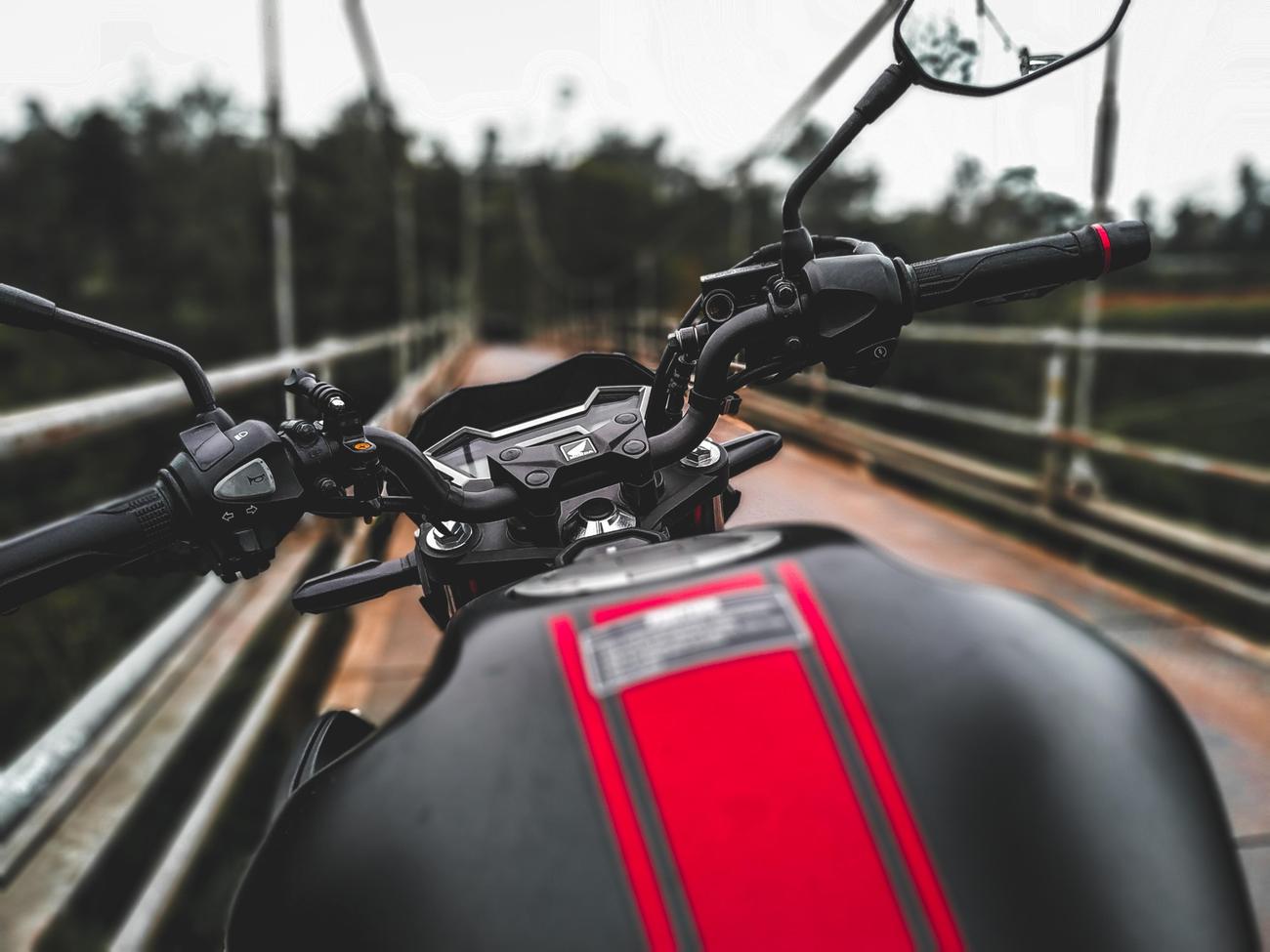
FAQ
Q: Why is wearing protective gear important for motorcycle riders?
A: Wearing protective gear, such as a helmet, gloves, facemask, and jacket, is crucial for motorcycle riders because it provides essential protection in the event of an accident. These safety gear items help to minimize the risk of head injuries, road rash, and other serious injuries, significantly increasing the rider’s chances of survival and reducing the severity of potential injuries.
Q: What does it mean to ride defensively?
A: Riding defensively means being constantly aware of your surroundings and anticipating potential hazards on the road. It involves maintaining a safe distance from other vehicles, staying out of blind spots, and predicting potential dangerous situations to ensure early evasive action. By riding defensively, beginners can greatly reduce the risk of accidents caused by the actions of other motorists.
Q: How can I ensure my motorcycle is in good shape before riding?
A: Before riding, you should regularly check your motorcycle for optimal safety. This includes inspecting the tires for proper pressure and tread wear, checking the brakes for responsiveness, ensuring all lights are working properly, and examining other essential components like the chain, sprockets, and fluids. Regular maintenance and inspections help prevent mechanical failures and ensure a safe riding experience.
Q: What precautions should I take when riding in adverse weather conditions?
A: When riding in adverse weather conditions, it’s important to adjust your riding style to the conditions and exercise extra caution. Reduce your speed, increase the distance between your motorcycle and other vehicles, and be gentle with the brakes and throttle to maintain control. Additionally, wearing appropriate rain gear, using anti-fog visors or goggles, and avoiding sudden maneuvers can help mitigate risks in rainy, snowy, or foggy conditions.
Q: How do I choose the right motorcycle for my skill level?
A: Choosing the right motorcycle for your skill level is crucial to ensure a safe and enjoyable riding experience. As a beginner, it’s best to start with a bike that is not too powerful or advanced, allowing you to develop your skills gradually. Consider factors such as engine displacement, weight, and seating position that align with your comfort level and riding goals. It’s recommended to test ride different motorcycles and seek advice from experienced riders or professionals before making a purchase decision.
